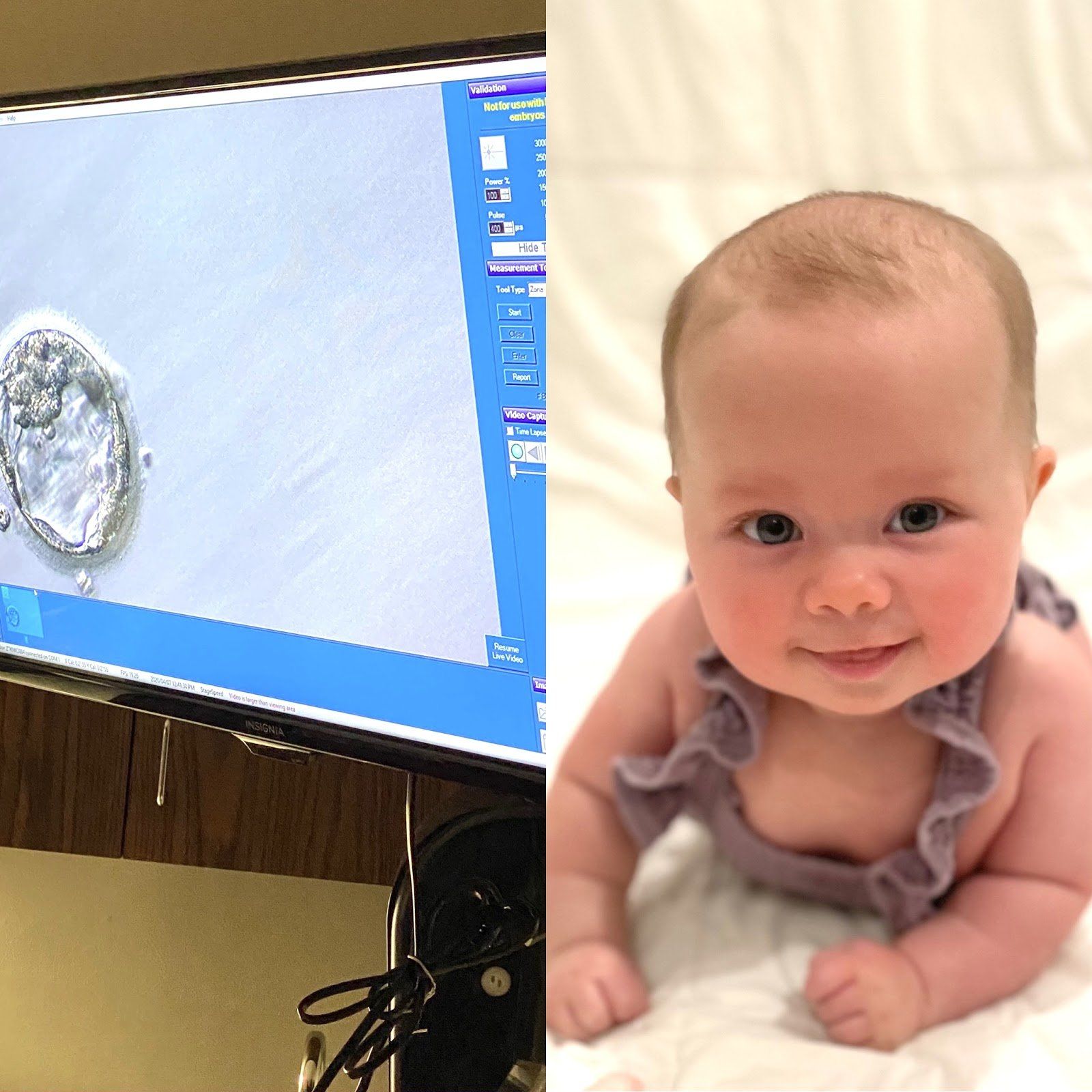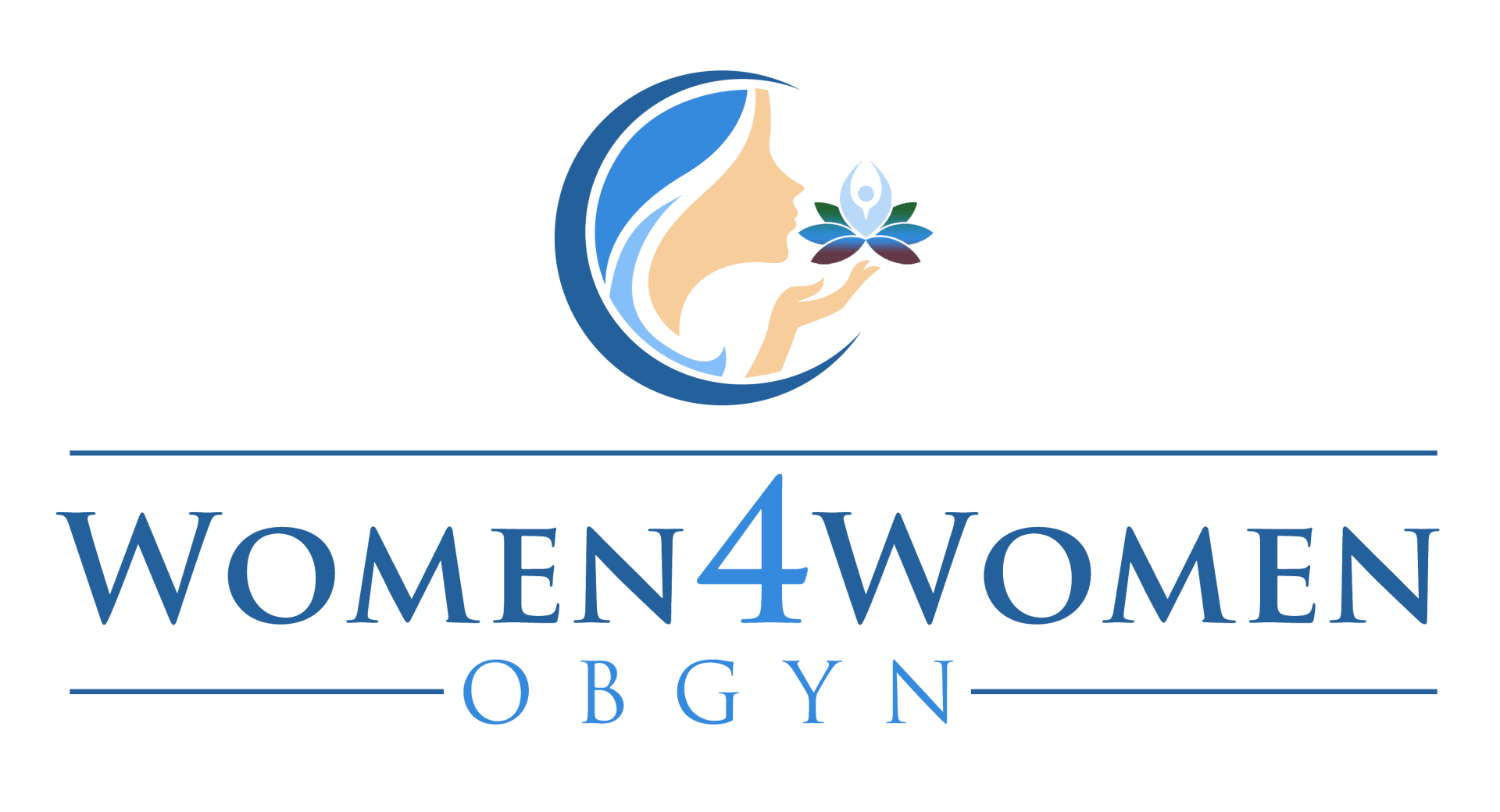Breastfeeding Tips
Personal Breastfeeding Tips from our Certified Nurse-Midwife and Mom, Megan Chandler

I started my breastfeeding journey almost 5 years ago when my first little girl was born and continued my journey with my 2nd daughter and look forward to breastfeeding my newest baby who is due super soon! Breastfeeding, while rewarding, can be very challenging. New moms often feel overwhelmed and undereducated on breastfeeding. Most education comes either during pregnancy if women attend a class or passed down information from family or friends. While breastfeeding classes are important, access to classes can be difficult for some patients and most of the time this information may be forgotten by the time the issues arise during the postpartum period. I’ve compiled a list of tips and tricks that can be helpful to new moms, new-to-breastfeeding moms, or moms who may be nursing again but still need extra information.
- Early nursing is key! The golden hour truly is golden when it comes to breastfeeding. Research has shown that women who do skin-to-skin and nursing within the first hour of life have better long-term breastfeeding success.
- Frequency is important! Most infants will need to nurse 8-12 times in a 24 hour period which roughly is equivalent to nursing every 2-3 hrs. While this is a rough timeline it is more important to feed on demand. Frequent nursing at breast will stimulate milk production. Breastfeeding is all about supply and demand!
- Skip the pacifier and the bottle for the first 4 weeks, if you can! Again this is all about stimulation of milk production. Anytime you introduce an artificial nipple you are taking away an important stimulation opportunity. Of course if you need to transition to a bottle earlier than 4 weeks that is a personal decision.
- Nipple butter is your BFF! Sore, cracked nipples are very common. While sometimes this may be a sign of a bad latch it also can be a very normal finding for the first few weeks of life. Pain with initial latching that subsides as nursing continues is more likely a normal finding and will subside with time. Nipple butter can significantly help with pain and tenderness.
- Ice packs and heating pads are good for your breasts! Engorgement can and most typically occurs once your mature milk “comes in.” This is due to increased vascularity and blood flow that accompanies milk supply. This can be very uncomfortable and painful for some mothers. This can also make it difficult to latch an infant. Hand expressing milk can help reduce the swelling to help baby latch. Ice packs right after nursing can help reduce the swelling and pain. Heating packs right before a nursing session can help the milk flow easier and may make the hand expression and latching easier as well.
- Feed at the first sign of hunger! Early signs of hunger include rooting; wriggling and clenching fists; putting their hands near their face or chewing on their hands; licking their lips, and opening and closing their mouths or making suckling noises. Crying is often a later sign of hunger and may make it difficult to nurse if the baby is very upset. Skin-to-skin in this situation can be very helpful in calming an angry baby and allowing full access to your breasts.
Breastfeeding is so beneficial to mom and baby! Research has indicated that infants who are breastfed have less gastrointestinal issues (constipation, diarrhea), fewer colds and respiratory issues, fewer ear infections, lower rates of SIDS, fewer instances of childhood cancers, decreased instances of childhood obesity and lower risk of developing type 1 and type 2 diabetes. The benefits for mom include decreased risk of breast cancers, less postpartum bleeding, decreased risk of postpartum mood disorders, less diabetes, less cardiovascular diseases, less hypertension, and a lower risk for ovarian cancer as well. I hope you find these tips helpful as you embark on your breastfeeding journey. Breastfeeding can be challenging but also be extremely rewarding. There are numerous benefits of breastfeeding for both mother and baby, my hope is that with these tips you are able enjoy the experience as much as I have!
-The World Health Organization: Breastfeeding (https://www.who.int/health-topics/breastfeeding#tab=tab_1)
-US Department of Health & Human Services Office on Women's Health. Accessed 1/15/2019.Health
Topics: Breastfeeding (https://www.womenshealth.gov/breastfeeding). (https://www.womenshealth.gov/)
-Centers for Disease Control & Prevention. Accessed 1/15/2019.Breastfeeding. (http://www.cdc.gov/breastfeeding/)



